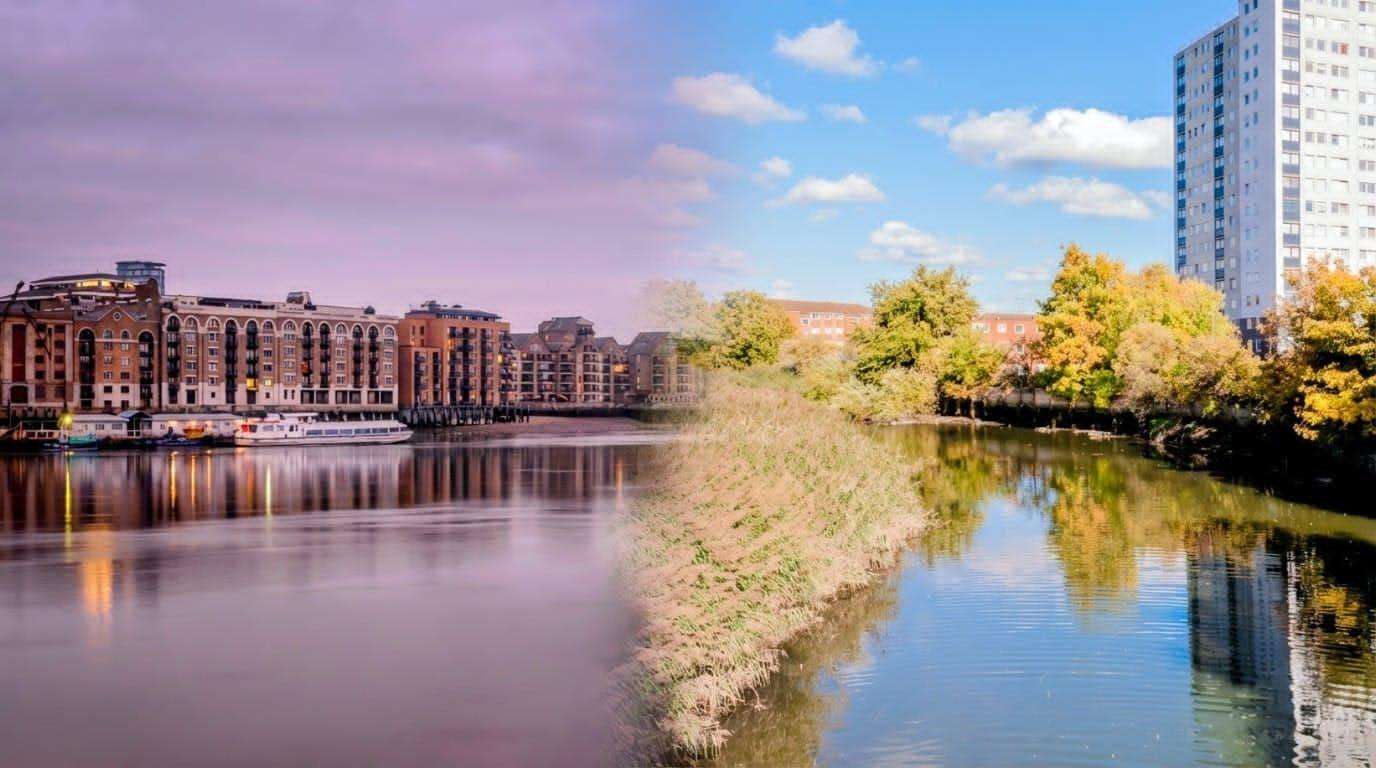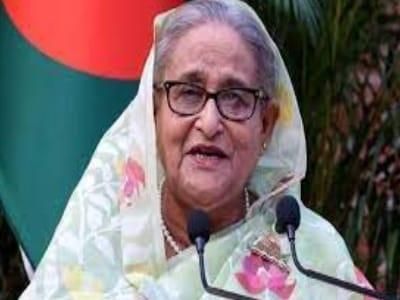Industry data indicates that last month's rebound in retail sales was fueled by the late arrival of mild summer weather, despite persistent indications that consumers are delaying major purchases due to the crisis in the cost of living.
According to data from the British Retail Consortium, July saw a 0.5% year-over-year growth in overall retail sales in the UK, marking a turnaround from June, which was a washout month due to lower high street sales due to colder weather.
Summer clothing and cosmetics were purchased by consumers as homes got ready for vacations and days out. But, there was weakness in other areas of expenditure as strapped customers reduced their purchases of appliances and furniture.
After a significant decline in inflation from its peak in four decades to its objective of 2% in May and June, the Bank of England lowered interest rates last week for the first time since the Covid epidemic. Prices are still going up, though, and are still far more than they were four years ago.
"Spending levels continue to be governed by whether households have been able to absorb the likes of mortgage and rent increases, or have had to limit their spend elsewhere as a consequence," stated Linda Ellett, the UK head of consumer, retail, and leisure at KPMG.
While summer essentials like gardening, cosmetics, and health care items have contributed to an increase in retail sales in July, both online and in-store.
Separate figures from Barclays show overall consumer card spending fell 0.3% year on year in July, as Britons’ discretionary spending remained selective amid the higher cost of living.
The figures from the bank, which processes almost 40% of UK credit and debit card transactions, also showed an increase in health and beauty spending as the arrival of warmer days and belated summer sales resulted in a modest retail recovery.
However, spending on non-essential items dropped by 1.1%, with a reduction in spending on clothing, home improvements and sports equipment.
Pubs and bars recorded an uplift in spending as football fans flocked to watch England progress to the final of the men’s Euro 2024 tournament.
Despite losing to Spain, Barclays said payments made in pubs and bars almost tripled year on year on 14 July, with an increase of 195.6%.
This also marked the busiest Sunday of the year for pubs, with transaction volumes up 92.9% compared with the average Sunday for the year so far.
In a sign of strength for the service sector, figures from the monthly S&P Global UK services purchasing managers index (PMI) showed demand rose in July at the fastest pace since May 2023.
The survey of leading service sector companies, excluding retail, is closely monitored by the Bank and the Treasury for early warning signs from the British economy.
The PMI – where anything above 50.0 signals growth in private sector activity – rose to 52.5 in July from 52.1 in June.
Joe Hayes, principal economist at S&P Global Market Intelligence, said: “With the general election period coming to an end at the start of July, survey data for last month showed the UK service sector enjoyed a modest rebound after a fairly subdued end to the second quarter.
“July’s accelerated expansion in sales activity crucially suggests business and consumer confidence has improved, and albeit only one month into the second half of 2024, the latest survey results bode well for a reasonable GDP growth in the third quarter.”








.svg)



